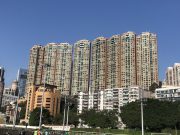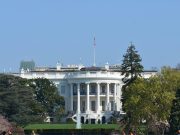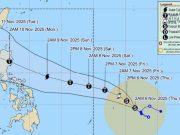KATHMANDU, Nepal — Nepal’s capital began to regain a sense of normalcy Saturday after days of deadly anti-corruption protests that toppled the government, set parliament ablaze, and left at least 51 people dead in the country’s worst unrest since the end of its civil war in 2008. With a curfew eased and soldiers scaling back their heavy presence on the streets, markets reopened, traffic resumed, and families returned to temples, signaling a cautious return to daily life.
On Friday evening, Sushila Karki, a 73-year-old former chief justice known for her independence, was sworn in as interim prime minister. Tasked with restoring order and addressing demands for a corruption-free future, Karki’s appointment was a historic milestone—making her Nepal’s first female prime minister. Her leadership follows intense negotiations involving army chief General Ashok Raj Sigdel, President Ram Chandra Paudel, and representatives of the “Gen Z” youth protest movement, which had mobilized thousands through the Discord app to push for change.
“For many Nepalis, Karki’s swearing-in carries both symbolic weight and the promise of reform,” said Suraj Bhattarai, a 51-year-old social worker. “We think our former chief justice will address Nepal’s fight against corruption and take good governance forward.”
The protests, which erupted Monday and escalated Tuesday, were fueled by deep-seated frustrations over endemic corruption and economic hardship. With a GDP per capita of just $1,447 and 20% unemployment among those aged 15-24, according to the World Bank, Nepal’s youth have grown increasingly disillusioned with the political establishment. The demonstrations culminated in the dissolution of parliament, with elections now scheduled for March 5, 2026.
By Saturday, the mood in Kathmandu was calmer. “The interim government decision is good for now,” said Durga Magar, a 23-year-old shop worker. “The main issue for the people, especially young people, is corruption. It doesn’t matter whether it’s Gen Z or anyone older in politics who tackles it—it just needs to stop.”
Karki’s appointment has been widely welcomed as a break from the cycle of aging leaders accused of political horse-trading. KP Sharma Oli, the 73-year-old Communist Party leader who resigned as prime minister Tuesday, marked his fourth stint in the role. His whereabouts remain unknown. “They were playing a game of musical chairs,” said Shikhar Bajracharya, a 32-year-old businessman. “There was no possibility for younger people to come into power.”
International support for Karki’s leadership emerged quickly, with Indian Prime Minister Narendra Modi offering his “best wishes” and affirming New Delhi’s commitment to Nepal’s “peace, progress, and prosperity.”
Significant challenges lie ahead. Protesters’ demands to root out corruption face a steep uphill battle, and security concerns persist with more than 12,500 prisoners still at large after escaping during the chaos. Yet for many Nepalis, Karki’s leadership offers a glimmer of hope. “We don’t know what will happen in the future, but we are satisfied today and hope it will not remain as tense ahead,” Magar said.













